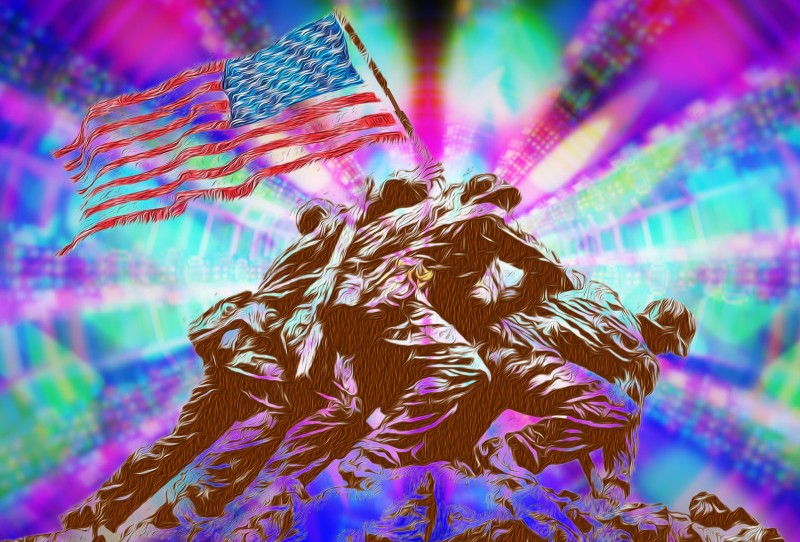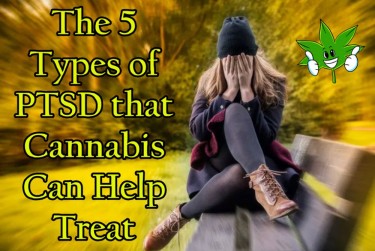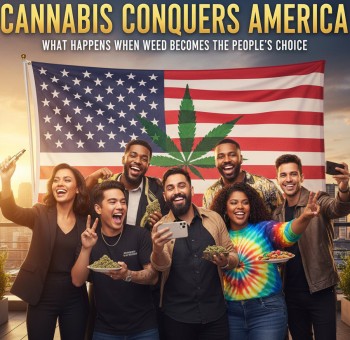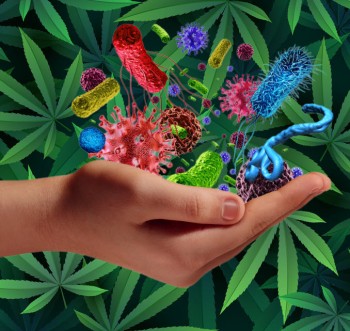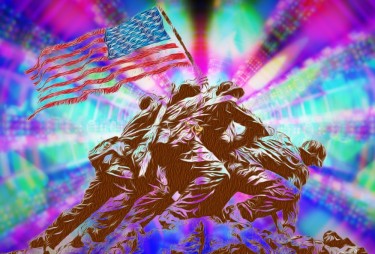
According to the Department of Veterans Affairs, the year 2020 saw an average of 17 veterans per day taking their own lives. Veterans who served in Middle Eastern conflicts experience PTSD at a rate nearly three times higher than their counterparts from the Vietnam War. Suicide stands as the second leading cause of death among veterans. 22 Pushups a day became in viral internet meme as people would do pushups to bring awareness to veteran suicide rates.
The national committee affiliated with the Veterans Affairs & Rehabilitation Commission has consistently advocated for expanded clinical research on alternative treatments for mental health issues, especially PTSD cases unresponsive to conventional drugs.
Organizations such as the Veteran Mental Health Leadership Coalition and the nonprofit Reason for Hope have delved into scientific research, exploring the cautious use of psychedelic treatments—such as psilocybin, ayahuasca, MDMA, and ketamine—to address PTSD and mitigate the risk of veteran suicide.
Research indicates that psychedelic substances promote the formation of new neural connections and enhance neuroplasticity, facilitating patients in confronting challenging topics and alleviating trauma symptoms.
These substances have the potential to induce profound transformative effects, mainly when explored in a supportive therapeutic setting, aiding veterans in addressing, releasing, and potentially alleviating their debilitating emotions.
Psychedelics like psilocybin and MDMA (commonly known as "ecstasy") fall under the category of controlled substances, according to the DEA, resulting in limited government research funding and support.
Despite this, MDMA is making strides toward potential federal approval following a series of clinical studies. Notably, among participants who received MDMA, 67% no longer met the criteria for a PTSD diagnosis, and 88% experienced a clinically significant reduction in symptoms.
The FDA's endorsement of MDMA-assisted therapy may also be influenced by the substantial economic impact of PTSD on the nation, reflected in the allocation of 870,000 disability payments totaling $17 billion in annual federal expenditure for diagnosed veterans.
Treating PTSD with MDMA Therapy
MAPS Public Benefit Corporation (MAPS PBC), the nonprofit organization's clinical-stage private arm, has recently unveiled fresh data from its second Phase 3 clinical study of MDMA-assisted therapy for PTSD in Nature Medicine.
In the randomized MAPP2 study, participants were administered either 80 or 120 mg of MDMA hydrochloride (or a placebo) in a split dose, with a 1.5 to 2-hour interval, followed by a 40 to 60 mg dose throughout three therapy sessions. Notably, the placebo group underwent extended therapy sessions.
Among the total 104 participants, 71% were assigned female sex at birth, comprising 82% of the placebo group and 60% of the MDMA-assisted therapy group. Additionally, participants exhibited ethnic and racial diversity, with 34% identifying as other than White and 27% as Hispanic/Latino.
The majority of participants had a concurrent psychiatric disorder and had been grappling with PTSD for an average duration of 16 years, with 28 participants in the moderate form and 76 in the severe form.
The outcomes indicate that the trial successfully achieved its primary and secondary objectives:
-
86.5% (46) of participants in the MDMA-assisted therapy group experienced a significant decrease in PTSD symptoms at 18 weeks post-baseline.
-
In comparison, 69% (35) of the total participants (51) receiving a placebo with therapy also saw a reduction.
-
By the study's end, 71.2% (38) of participants in the MDMA group no longer met DSM-5 diagnostic criteria for PTSD.
-
In contrast, 47.6% (24) of participants in the placebo group achieved this outcome.
-
46.2% of MDMA group participants met remission criteria.
-
This is compared to 21.4% of the placebo group participants at study termination.
Improvements Across Life Domains:
-
Positive changes, including reducing clinician-rated functional impairment, were observed across all domains, including family, social, and work life.
Tolerance and Adverse Effects:
-
MDMA was generally well tolerated.
-
No serious adverse events were reported.
-
Commonly reported effects included mild-to-moderate muscle tightness, nausea, decreased appetite, and hyperhidrosis.
-
No new major safety issues for cardiac function were reported.
-
There were no instances of MDMA abuse or dependence.
-
Temporary dose-dependent increases in blood pressure and pulse during drug administration were consistent with MDMA's sympathomimetic effects and did not require clinical intervention.
-
PTSD-correlated suicidal ideation was observed in both groups.
-
However, MDMA did not appear to increase this risk, and no suicidal behavior was observed.
The peer-reviewed data affirms the findings observed in the initial Phase 3 trial (MAPP1), published in Nature in 2021. This validation contributes to the rigor of the data collected throughout the pivotal Phase 3 program, as stated by study author Jennifer Mitchell, Ph.D.
Significantly, the results suggest that the outcomes "may be generalized to a broader population of individuals with PTSD who vary not only in the severity of their symptoms but also in their racial and ethnic backgrounds," noted Mitchell, who serves as a professor of neurology and psychiatry & behavioral sciences at UCSF and is the associate chief of staff for R&D at the San Francisco VA medical center.
MAPS PBC's CEO, Amy Emerson, has conveyed that the company is currently consolidating all the data for the submission of the New Drug Application (NDA) for MDMA-assisted therapy to the FDA later in 2023. Upon approval, the DEA would then reschedule MDMA, rendering the psychedelic available for prescription medical use.
Expressing optimism, Emerson remarked that given the urgent need for novel, effective treatment options for PTSD and with consistent results from two positive Phase 3 trials, we are hopeful that MDMA-assisted therapy, if approved by the FDA, could be a new option for patients, providers, and therapists to consider.
Advocacy and Reform Across Borders
Over recent years, there has been a sustained push to broaden the scope of research into the potential therapeutic applications of psychedelic substances. The drive to expand research and enhance access to psychedelic-assisted therapy for those in need appears to be making strides. Optimistically, some assert that, with essential government backing, success in this endeavor may be on the horizon.
VA Secretary Denis McDonough emphasized the paramount importance of preventing veteran suicide, stating, "There is nothing more important to VA than preventing veteran suicide — nothing. One veteran suicide is one too many, and VA will continue to use every tool at our disposal to prevent these tragedies and save veterans' lives."
